by Amanda Rose Newton
The terms “natural” and “organic” are thrown around a lot today when it comes to gardening, but what do they actually mean?
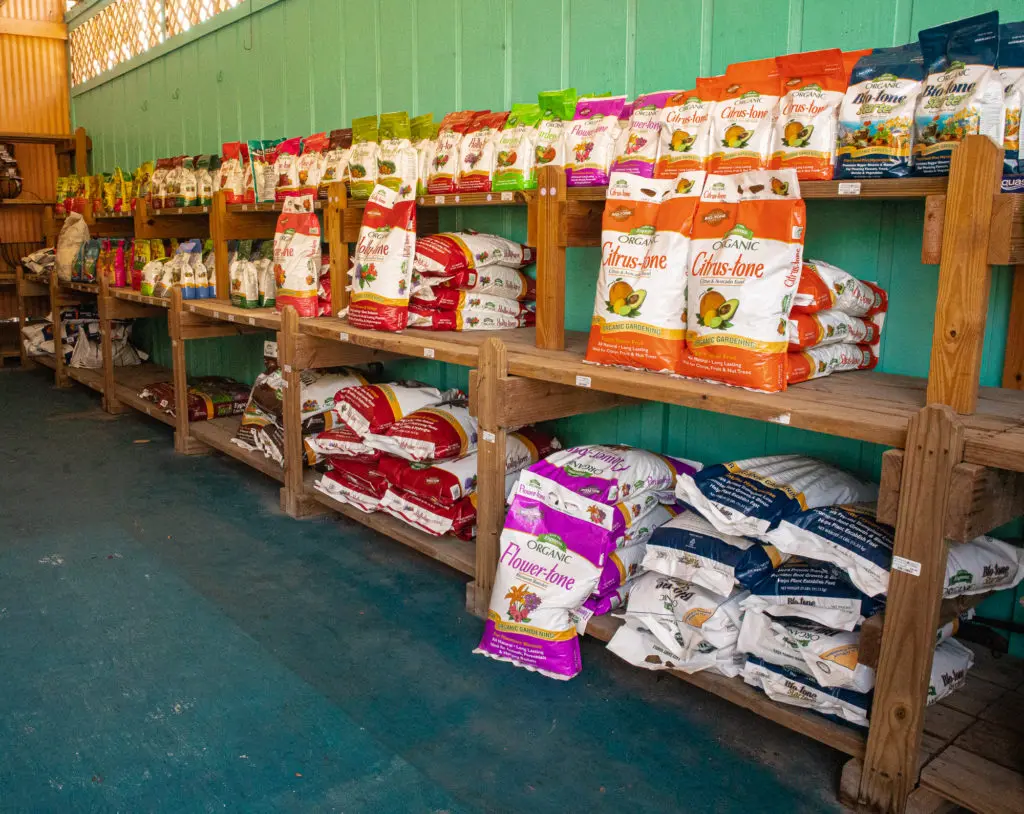
Having “organic” on a package, plant, or product has a distinct meaning. Any processor or producer of goods wanting organic certification has to adhere to the National Organic Programs guidelines and must be inspected by a third-party agency once a year.
They also are limited in what ingredients can go into their products. Natural gardening can be achieved by anyone and is not held to the same rigorous requirements. In fact, you may already be participating in natural gardening without being aware of it. All it entails is gardening with the environment in mind and using inputs that maintain biodiversity and promote native installations.
Many who use the word “organic” when discussing their yards probably mean they garden naturally. Just because natural gardening and organic are distinct, home gardeners can certainly borrow from the ideals and rigor of the organic grower. Here, we cover a few ways to up your natural gardening game using organic principles.
Choose your inputs carefully!
There is no regulation for the use of the word “organic” on items like potting soil, fertilizers, and some pesticides/herbicides. However, there is a non-profit, OMRI (organic materials review institute) that makes the call on products that can be allowed in organic production.
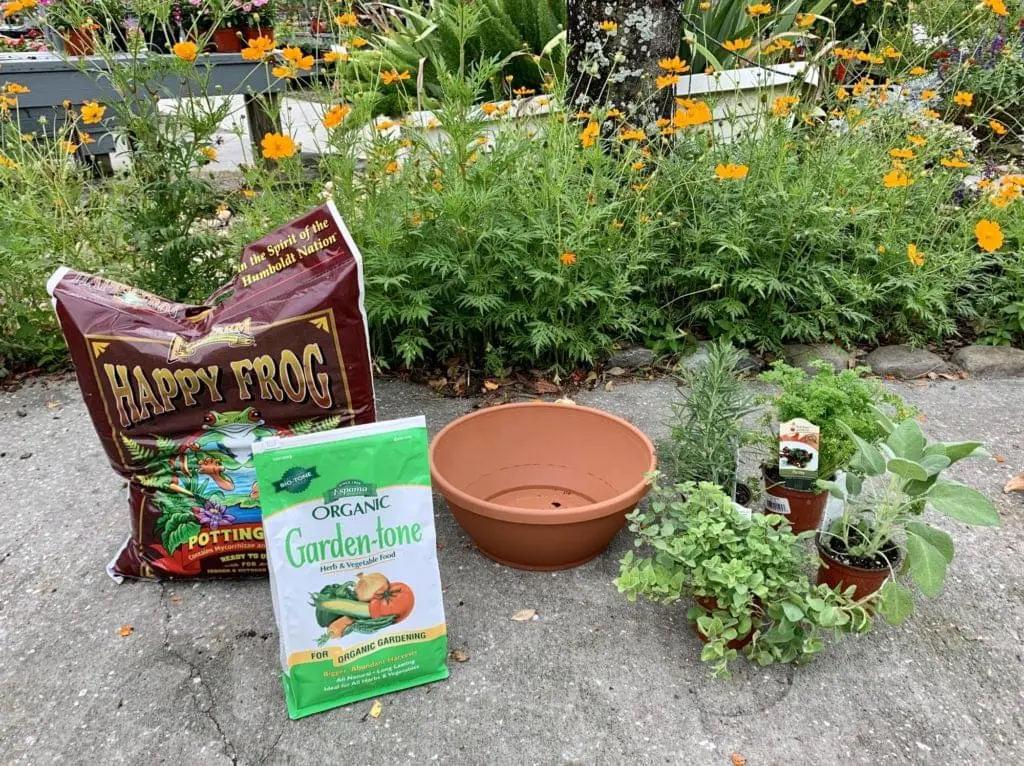
By consulting this list before buying soil or fertilizer, you are ensuring that you are using products that are safe for the environment and your yard. Most products that are OMRI-certified make it easy on you by having the logo right on the bag. Rockledge Gardens is proud to carry many OMRI-certified products for your natural gardening needs.
Build Your Soil
Organic farmers are required to maintain soil integrity and demonstrate that they are continuing to improve it over time. If you are a long-time reader, you know how much we love to talk about the power of soil! It is a recipe for healthy plants!
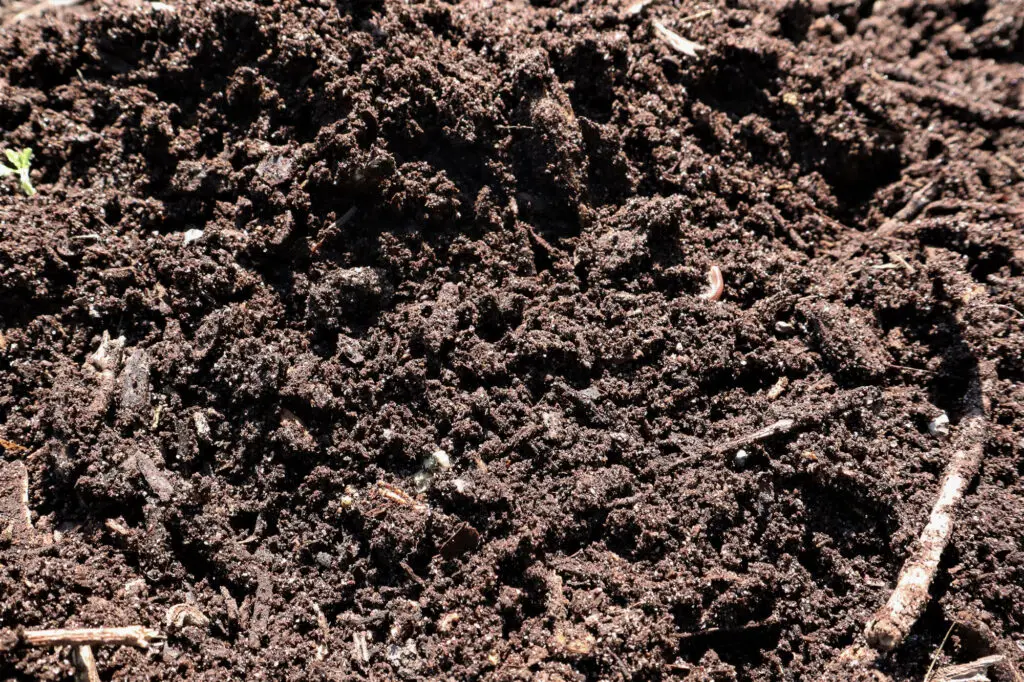
As a home gardener, taking this suggestion to heart will not only improve your plants but will also improve your curb appeal. Building soil is not as difficult as it seems but does take time. Start by looking into soil conditioners, compost, and adding mulch or green manure to your garden space. Healthy soil leads to healthy microbes, which will not get out of bed for unhealthy soil! Make sure they are working for you and your plants by feeding your soil as well as your plants.
Keep Biodiversity in Mind
Biodiversity is a trait shared by both organic and natural growth. Planting natives, providing fruit trees and vines for birds, or even adding a bird bath count.
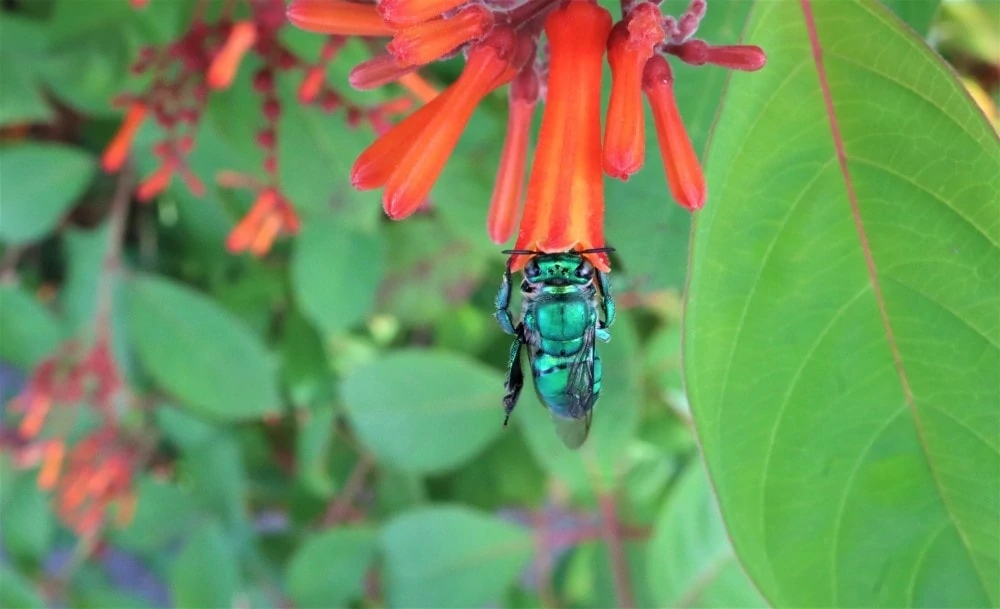
Part of the fun of having your own yard is having your own mini-ecosystem and it helps your plants in return. Adding natives helps attract beneficial insects for natural pest control and requires fewer resources, doing both you and your yard a favor.
Protect Your Waterways
Keeping water clean is important no matter what gardening style you have. Here in Florida, it is so important that in order for professionals to get their fertilizer applicator license, they need to take the IFAS (UF) Green Industries Best Management Practices exam, which focuses on waterways.

Excess nutrients from fertilizers entering waterways end up causing algal blooms which we know too well in Florida. Do your part by adhering to the fertilizer ban and reducing your use year-round.
Seed Search
Finding organic seed is tough, and it gets tougher when you are looking for untreated or non-GMO. If avoiding the latter is important to you, then make sure to take the time to look at your options.
Now that we are closer to Fall, we have a great new selection of seeds, check out our seed selection here. There are also several reputable seed companies that sell certified organic seeds, including Johnny’s and High Mowing Seeds. Heirloom varieties might not be certified organic, but generally are saved and free from treatments.
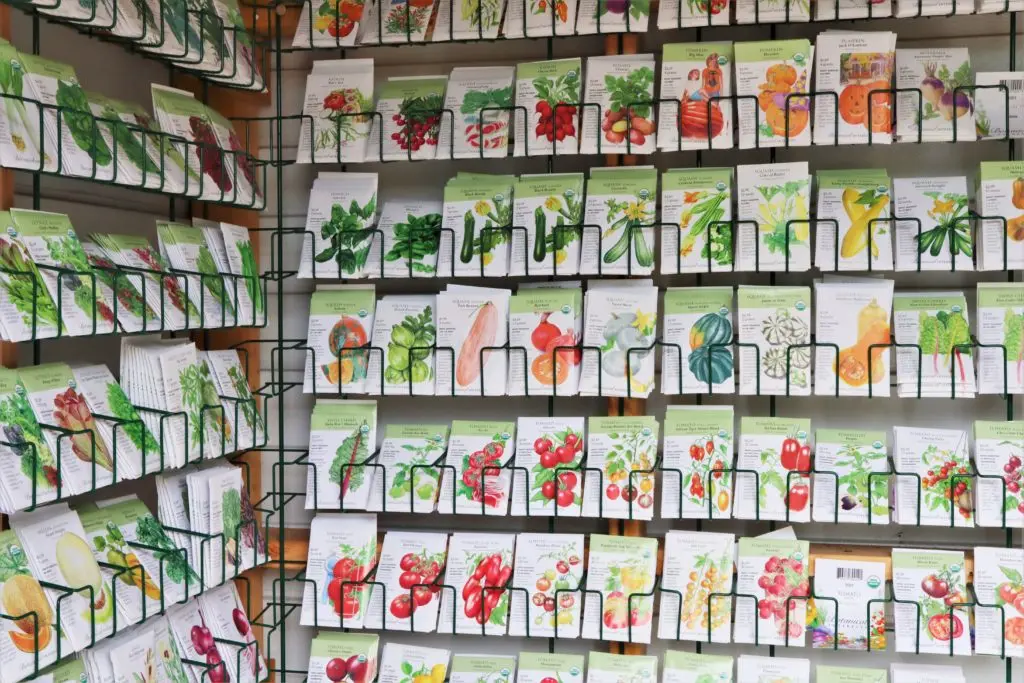
While on the subject, since organic can be hard to find, get in the habit of saving a percentage of your seeds. This way, you will always have vegetables or flowers that you love on hand and you will know exactly where they came from.
If purchasing seedlings, where you get them from matters. Many big box stores spray plants prone to aphids and scale with pesticides and this will not be noted on the tag when you purchase.
Choose reputable growers or shop at garden centers that support your values. Taking a natural approach to gardening is an easy way to give back to the planet and support local communities.


